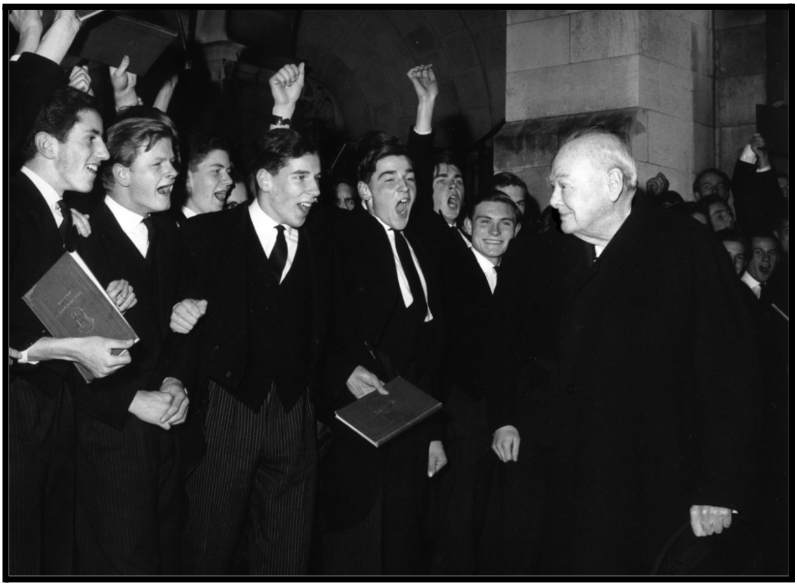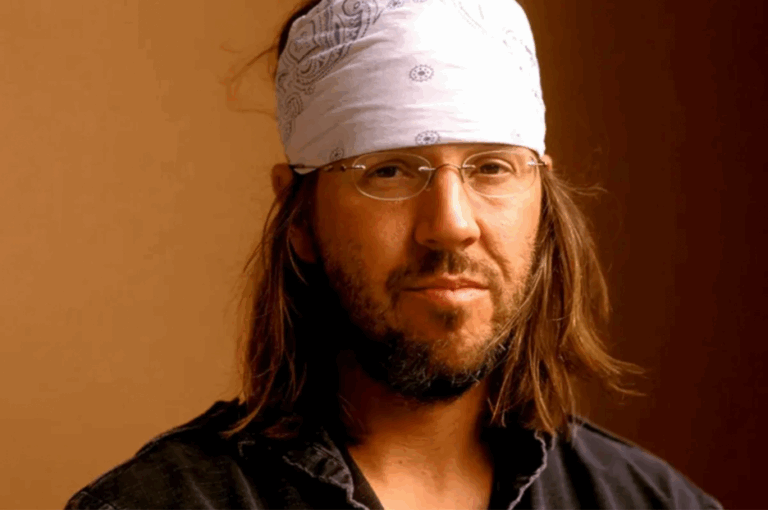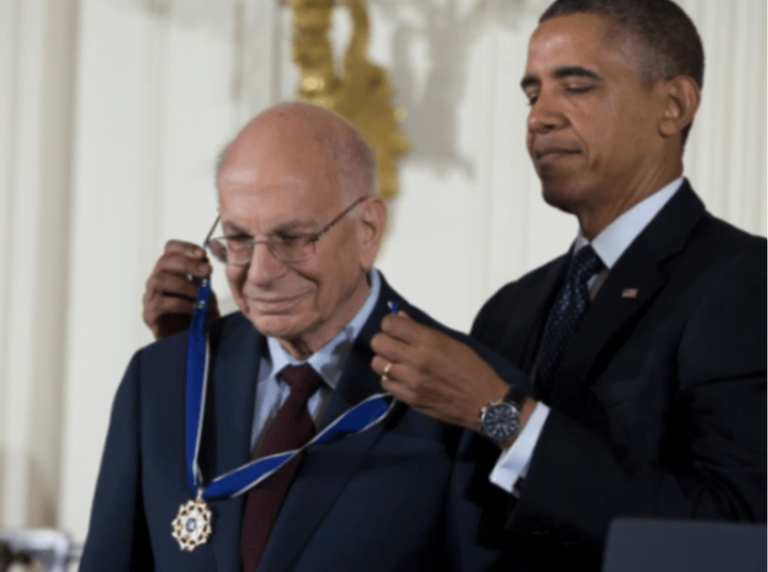Talking Big Ideas.
“Churchill mobilised the English language and sent it into battle.”
~ Edward R. Murrow
82 years ago this upcoming Sunday – on 29 October 1941 – Winston Churchill delivered one of the most iconic speeches of the 20th Century: Never Give In!
The talk was short and simple. The whole thing can be read or listened to in just a few minutes. It’s a case study in making one point and driving it home with repetition.
The famed American orator Bourke Cockran mentored Churchill in communication and in life. Cockran had a lodestar for public speaking:
“Make one simple bold point and keep pounding on it with many illustrations and examples.”
Churchill would later express it this way:
“If you have an important point to make, don’t try to be subtle or clever.
Use a pile driver. Hit the point once. Then come back and hit it again.
Then hit it a third time—a tremendous whack.”
A pile driver is a heavy-duty machine that plays a vital role in building bridges. It smashes steel columns into the ground that provide structural foundation.
You can think of your “one simple bold point” as a structural foundation for your talk. And your rhetorical pile driver makes sure your point is clearly driven into every member of your audience’s mind.
At the Ewing School, we call this “one simple bold point” your Big Idea.
In his October 1941 speech at Harrow School, Churchill wanted to drive home the importance of resilience in the face of adversity. He distilled this Big Idea into a phrase so clear and memorable it’s akin to a proverb: Never Give In!

For context, at the time Churchill gave this speech, Nazi Germany threatened to conquer all of Europe. Countries including Austria, Czechoslovakia, and Denmark were already overrun while Belgium, France, Greece, the Netherlands, Norway, Poland, and Yugoslavia had surrendered to Hitler.
Churchill began the speech with optimism. Despite all the devastation and the relentless march of the Nazis, he opened by asking “[C]an anyone sitting here . . . not feel deeply thankful?”
He delivered his Big Idea with poetic repetition:
[T]his is the lesson: never give in, never give in, never, never, never – in nothing, great or small, large or petty — never give in except to convictions of honour and good sense. Never yield to force; never yield to the apparently overwhelming might of the enemy.
Just 70 words later he returned to hit it again: “There was no flinching and no thought of giving in. . . .”
Before Churchill began his speech, the students sang a song to him that included the line, “Not less we praise in darker days the leader of our nation.” Churchill didn’t like the phrase “darker days,” so he used it in his conclusion as a way to hit his Big Idea from a different angle:
These are not dark days; these are great days — the greatest days our country has ever lived; and we must all thank God that we have been allowed, each of us according to our stations, to play a part in making these days memorable in the history of our race.
I encourage you to listen to the full speech here and follow along with the text below:
Winston Churchill
29 October 1941
[bold emphasis is mine]
Almost a year has passed since I came down here at your Head Master’s kind invitation in order to cheer myself and cheer the hearts of a few of my friends by singing some of our own songs.
The ten months that have passed have seen very terrible catastrophic events in the world — ups and downs, misfortunes — but can anyone sitting here this afternoon, this October afternoon, not feel deeply thankful for what has happened in the time that has passed and for the very great improvement in the position of our country and of our home?
Why, when I was here last time we were quite alone, desperately alone, and we had been so for five or six months. We were poorly armed. We are not poorly armed today; but then we were very poorly armed. We had the unmeasured menace of the enemy and their air attack still beating upon us, and you yourselves had had experience of this attack; and I expect you are beginning to feel impatience that there has been this long lull with nothing particular turning up! [. . . . ]
You cannot tell from appearances how things will go. Sometimes imagination makes things out far worse than they are; yet without imagination not much can be done. Those people who are imaginative see many more dangers than perhaps exist; certainly many more than will happen; but then they must also pray to be given that extra courage to carry this far-reaching imagination.
But for everyone, surely, what we have gone through in this period — I am addressing myself to the School — surely in this period of ten months this is the lesson: never give in, never give in, never, never, never – in nothing, great or small, large or petty – never give in except to convictions of honour and good sense. Never yield to force; never yield to the apparently overwhelming might of the enemy.
We stood all alone a year ago, and to many countries it seemed that our account was closed, we were finished. All this tradition of ours, our School history, our songs, this part of the history of this country, all were gone and finished and liquidated.
Very different is the mood today. Britain, other nations thought, had drawn a sponge across her slate. But instead our country stood in the gap. There was no flinching and no thought of giving in; and by what seemed almost a miracle to those outside these Islands, though we ourselves never doubted it, we now find ourselves in a position where I say that we can be sure that we have only to persevere to conquer.
You sang here a verse of a School Song: you sang that extra verse written in my honour, which I was very greatly complimented by and which you have repeated today. But there is one word in it I want to alter — I wanted to do so last year, but I did not venture to. It is the line: “Not less we praise in darker days.”
I have obtained the Head Master’s permission to alter darker to sterner. “Not less we praise in sterner days.”
Do not let us speak of darker days: let us speak rather of sterner days. These are not dark days; these are great days — the greatest our country has ever lived; and we must all thank God that we have been allowed, each of us according to our stations, to play a part in making these days memorable in the history of our race.
In the absence of effective armaments . . .
Winston Churchill deployed the powers of oratory
in all their simplicity, majesty, and eloquence.
~ Never Give In! The Best of Winston Churchill’s Speeches




